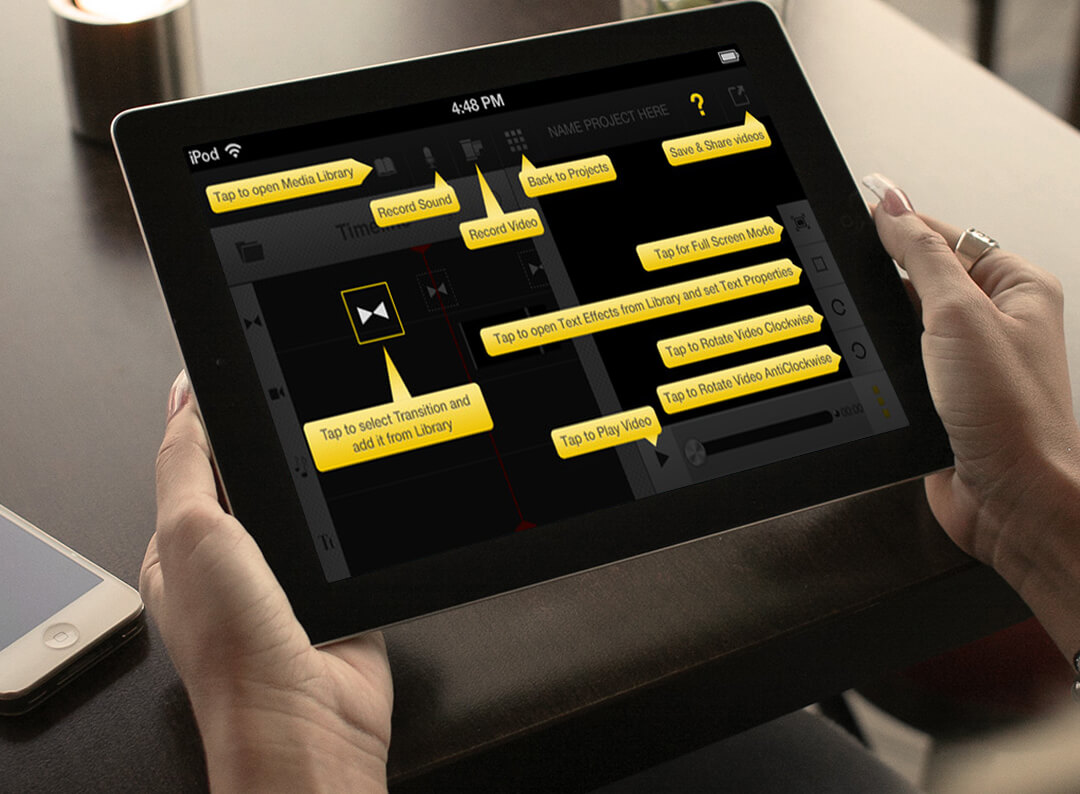

Operating out of Berlin in 2011, the store opened on the premise of simplifying the process of vegan shopping and creating a space in which the best and most ethically sourced vegan produce could be easily accessed by the general public.īeing one of the first companies to fully embrace veganism within their business model, Veganz saw considerable growth between 20, with nine brick and mortar locations around Germany opening in this time. Veganz began its life as the first entirely vegan supermarket chain in the world. By April 2020, the company was forced to cease operating, citing that their current sales were not enough to sustain the overheads and payroll of a team of any size. However, sustainable clothing labels often struggle to compete with the fast pace of larger companies that are able to disregard human rights and environmentally conscious practices. Growing tired of the ethically questionable operations of the fast-fashion industry, Pape formed a mission statement that sought to create beautiful clothing designs without engaging in the disrespect and exploitation that the people, animals, and environment within fast fashion so often experience.īy 2017, Elizabeth Suzann had grown a sizable following, with 30 full-time staff members and around $3.3 million in sales. Originally envisaged as an Etsy shop front, Elizabeth Suzann sold lovingly handmade clothing with an ethos of slow fashion. Slow-clothing brand Elizabeth Suzann was formed in 2013 by Liz Pape in Nashville, Tennessee. Find the Conscious Period brand page on Miigle+. They explained to their followers on social media that the limited production options in the global supply chain of organic tampons have made producing their products impossible without great changes to the industry, which are ultimately out of their control. Unfortunately, after four years of impressive growth, the company was forced to close its doors in 2019. They then set out to partner with homeless shelters and other non-profits to create jobs for women in the communities that they serve. Starting life in 2015 as a crowdfunded venture on Indiegogo, the company raised over $40,000 to produce its first batch of 140,000 pads. Using a one-for-one model, customers could be assured that with every purchase, a woman in need would receive the necessary menstrual health products that they previously had no access to. Beginning with the brand that inspired this article, Conscious Period’s mission statement was to sell 100% organic cotton tampons with the intent to supply ethically produced and distributed menstrual health products to every woman in need. We hope that bringing attention to these inspirational brands can provide some visibility to the social good brands that are still out there and maybe even sway a few people to seek out the more ethically conscious brands locked in fierce competition with less sustainable corporations.

In light of this news, we felt compelled to produce a blog post that highlights some of the most inspiring social good brands that have, unfortunately, had to cease operating due to the competitive environment around them.

Recently, we were saddened to learn of the unfortunate discontinuation of Conscious Period, a brand that we’ve supported throughout their journey and taken great inspiration from for their efforts to provide accessible and ethical fem-care products to women around the globe.

Thankfully, there are countless brands and businesses that make great strides every day to promote a fairer and more conscious world, but in our competitive climate, too many are overcome by their highly equipped competitors. With so much of the modern news cycle dedicated to corporations that seem unable to approach the world of business with the ethical responsibility that’s needed, we think it’s more important than ever to shine a light on the brands that do exist to promote social good in all aspects of their industry.


 0 kommentar(er)
0 kommentar(er)
